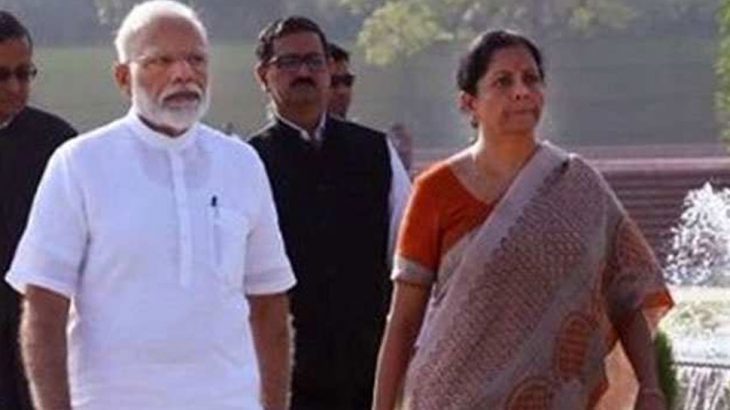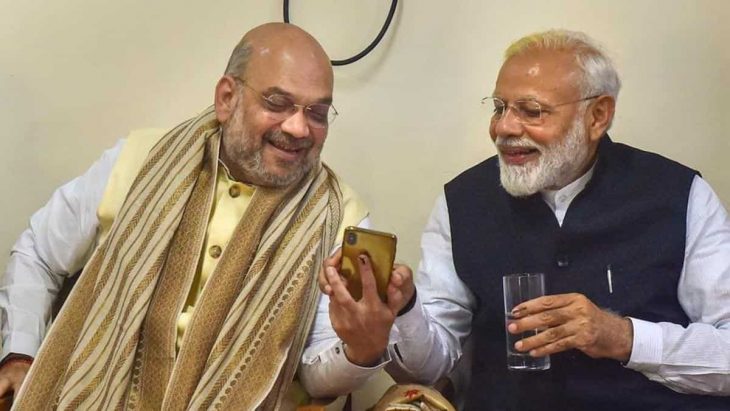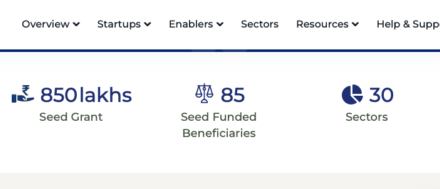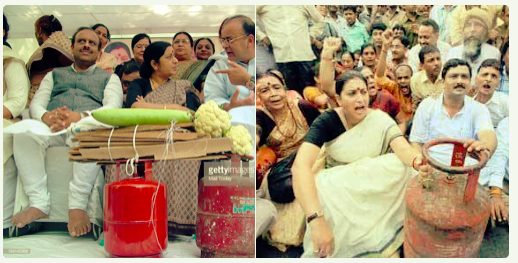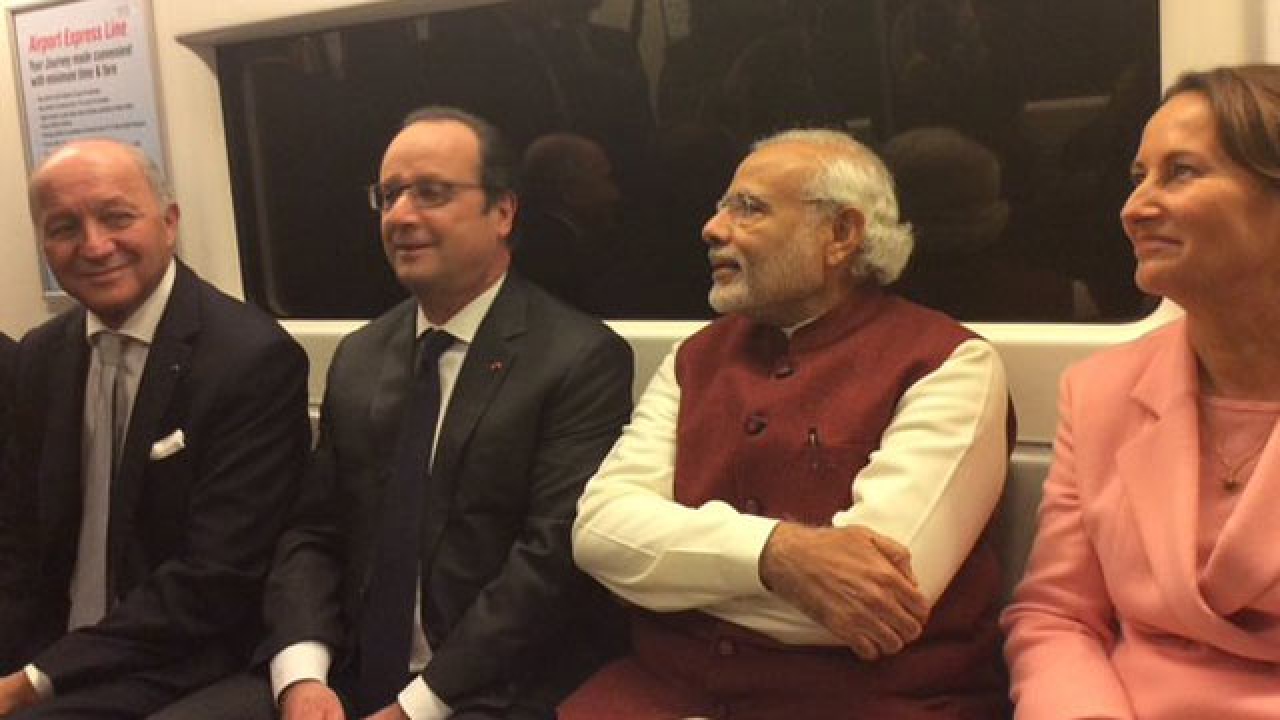West Bengal government said on Sunday that it rejects the two borrowing options proposed by the Centre to meet the goods and services tax (GST) shortfall and will engage with other states to take collective steps.
“There will be conversations between states, probably on Monday itself.
We will see what the views are, so that we can collectively move forward and take the Centre into confidence once there is clarity, and convey to the (Union) Finance Minister that the options suggested are just not acceptable,” said West Bengal Finance Minister, Amit Mitra, addressing a press conference.
Mitra said that 90 per cent of the states at the last GST Council meeting were of the view that the Centre must borrow.
“We will put our heads together much before the GST Council meeting,” he said.
Fifteen states, including several BJP states stood up at the GST Council meeting and said that the Centre should do the borrowing, pointed out Mitra.
West Bengal FM had expressed his disapproval on the options proposed by the Centre at the GST Council meeting held on Thursday.
On Saturday, however, the Centre detailed the options to the states in a letter to all finance secretaries, saying, they could borrow either via a special window, which it will facilitate through the Reserve Bank of India (RBI), or raise debt from the market.
Under the first option, the shortfall of Rs 97,000 crore arising out of GST implementation will be borrowed by states through the special window; in the second option, the entire amount of Rs 2.35 trillion can be borrowed by the states through market debt.
West Bengal’s shortfall is around Rs 15,000 crore.
The letter to the finance secretaries mentioned that while additional borrowing by the Centre influences the yields on central government securities (G-secs) and has other macro-economic repercussions, the yields on state securities do no directly influence other yields and do not have the same repercussions.
However, Mitra contended that borrowing by states, too, have macro-economic implications and said that it was the Centre which has the capacity to borrow and at lower rates.
He explained that while the first option completely assumes non-existence of Covid, under the second option, the interest burden will be on the state.
Additionally, they will not be able to borrow because there is no relaxation in FRBM.
He also said, putting the burden of borrowing on the states would completely destroy their financial health.
“In the name of ‘Act of God’ huge debt is being thrust on states which will destroy their financial health completely.
That will lead to crushing of federalism and replace it with the brute force of centralism. Is this a bigger strategic game,” Mitra angrily asked.
Even prior to Covid, Mitra pointed to the slowing economy and attributed it to demonetization and an unprepared GST.
“Even before the ‘Act of God’, there was act of fraud,” he said. He said that on March 14, Nandan Nilekani had made a presentation on behalf of GSTN before the GST Council and the total tax evasion under GST was said to be at Rs 70,018 crore.

